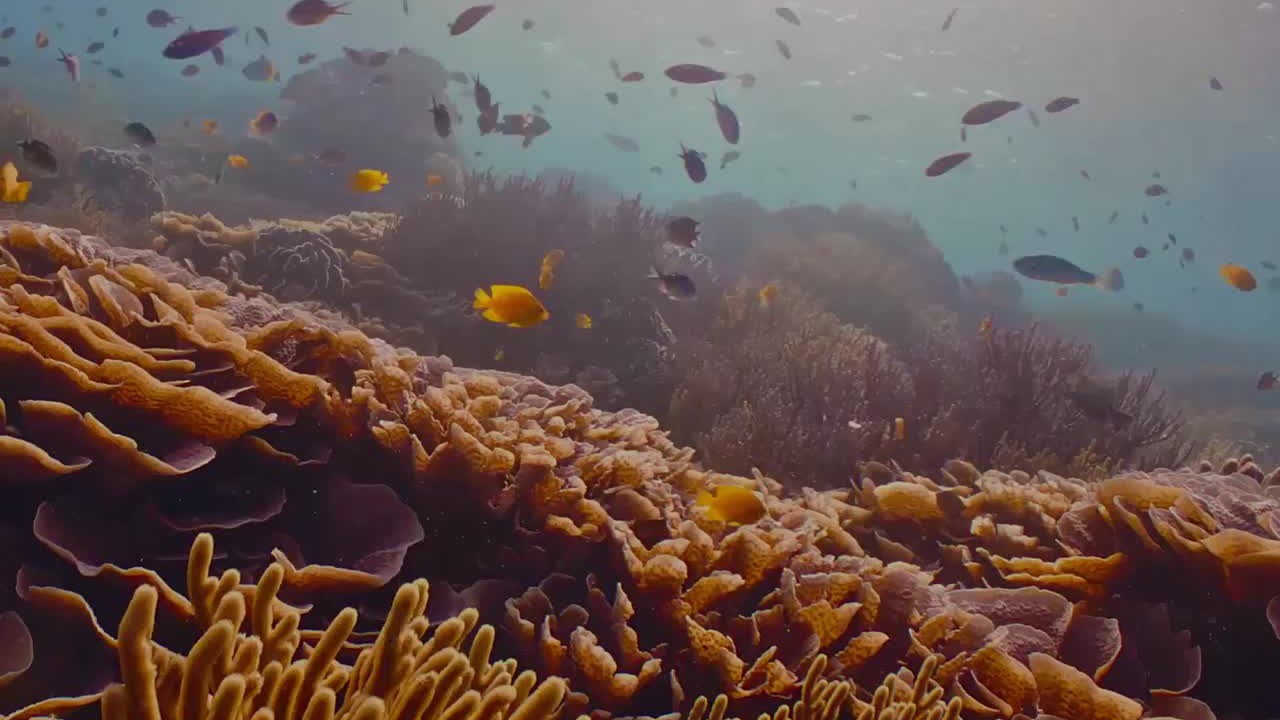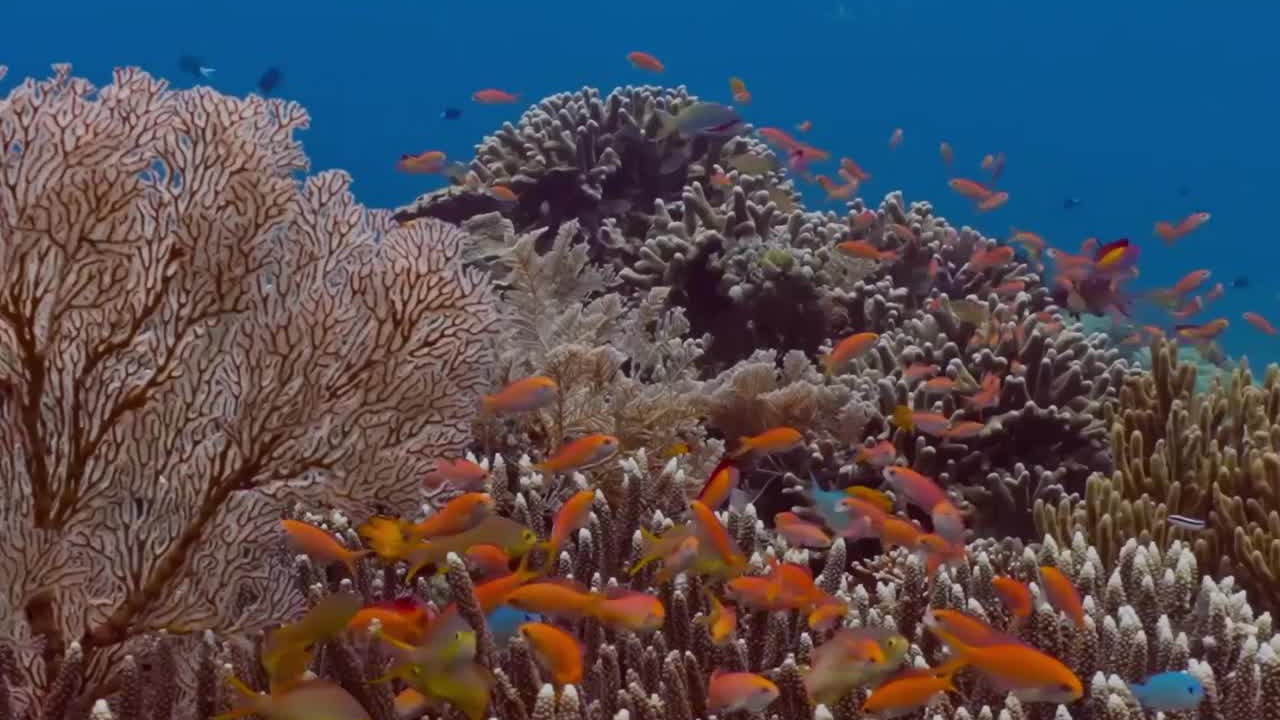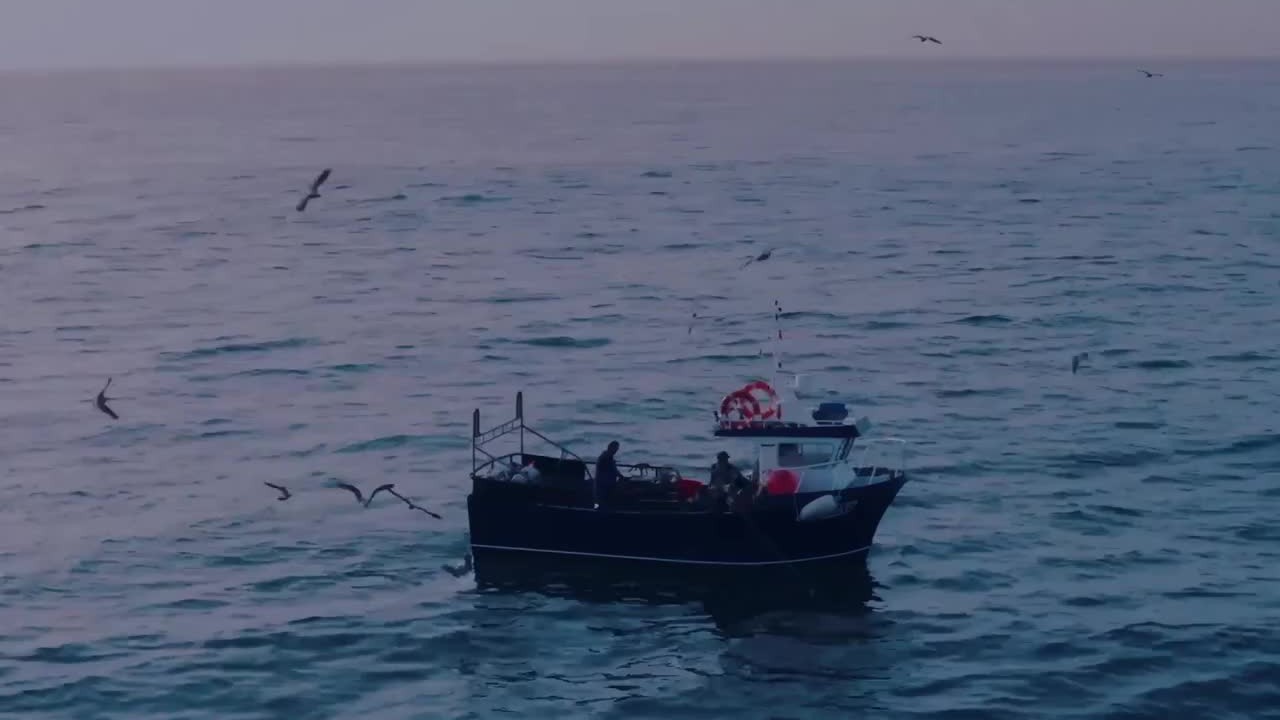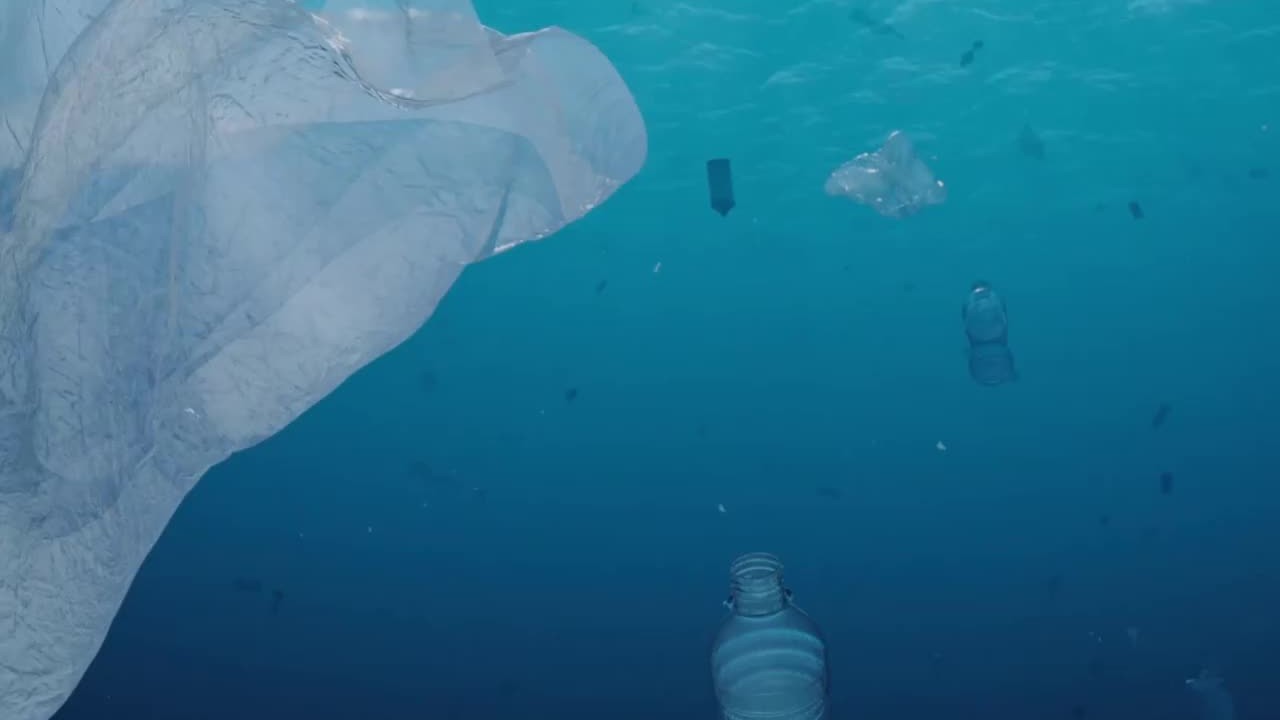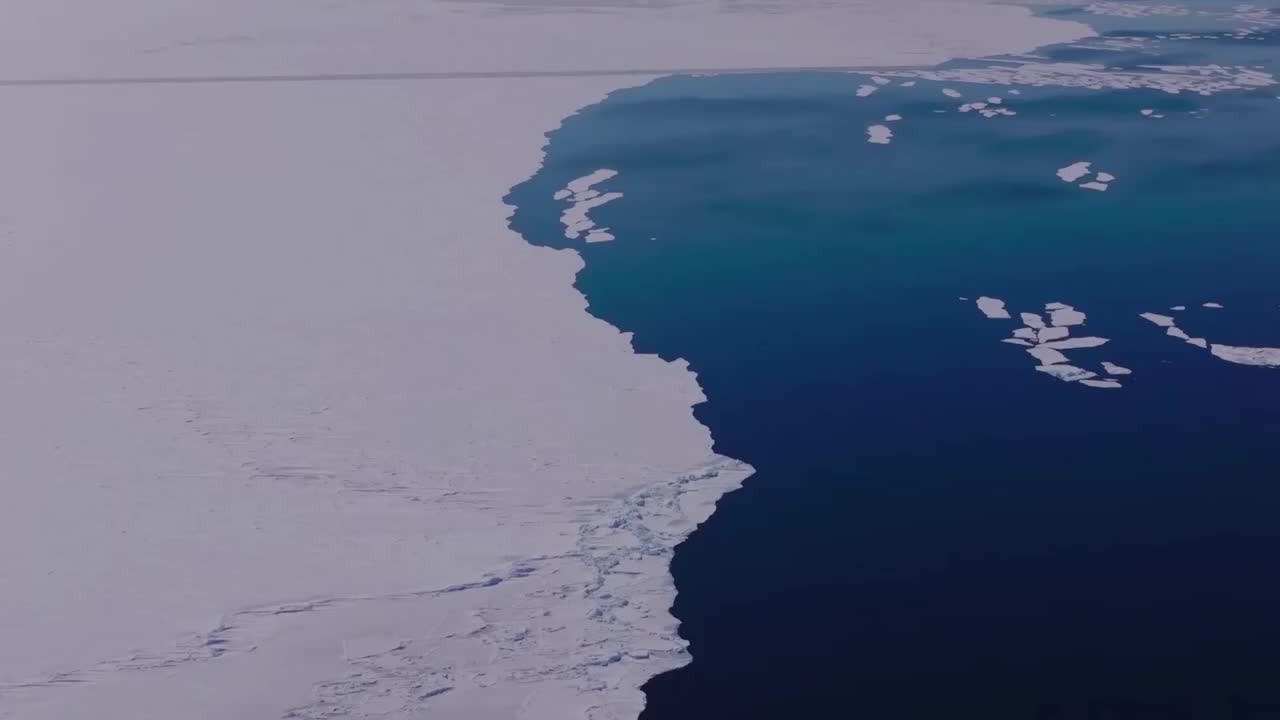Our Goal - Ocean Central
What is Ocean Central?
The ocean is vital to the health of our planet, the global economy, and our collective wellbeing
The ocean faces unprecedented threats to its health and stability
Between 1970 and 2012, marine populations, including fish, seabirds, reptiles, and marine mammals, dropped by nearly 50%, primarily due to overfishing, habitat destruction, pollution, and climate change.
By the 1980s, coral reefs had begun to rapidly degrade due to human-driven climate change, pollution, and overfishing. By the early 2000s, roughly 50% of the world’s coral reefs had disappeared.
Over one-third of mangrove forests had been lost by the early 2000s, primarily due to aquaculture and coastal development.
Technology and data science have advanced our understanding of the ocean. However, fragmented information still hampers efforts to restore marine ecosystems, posing a global challenge to restoration efforts.
Wave launches Ocean Central to offer a clear, evolving view of ocean health. The platform serves as a catalyst for action, empowering stakeholders to build on successes, address data gaps, and collaborate for a shared vision of a thriving ocean.
By 2030, coordinated global efforts can protect 30% of the world’s oceans in line with the U.N.’s SDG 14 and the Kunming-Montreal Framework. The Paris Agreement’s 1.5°C target will be critical in reducing ocean acidification and slowing sea level rise, paving the way for healthier marine and coastal ecosystems.
While coral bleaching may intensify due to rising temperatures, a clearer understanding of the most at-risk regions will guide restoration projects, helping safeguard key ecosystems through innovative and collaborative regeneration strategies.
Global action can accelerate between now and 2040 to restore vital ecosystems and biodiversity. Continued efforts in restoration and resilience-building will also help protect coastal communities.
By 2050, if we continue to act on the best available data and collaborate globally, we will achieve measurable ocean regeneration, ensuring a thriving ocean for generations to come.
- 1970
- 1980
- 2000
- 2020
- 2024
- 2030
- 2035
- 2040
- 2050
We built Ocean Central to track progress and inspire action
We monitor change over time to ensure we meet our goals
We can harness and share insights to guide efforts
Alaska, USA
Record breaking sockeye salmon migration
